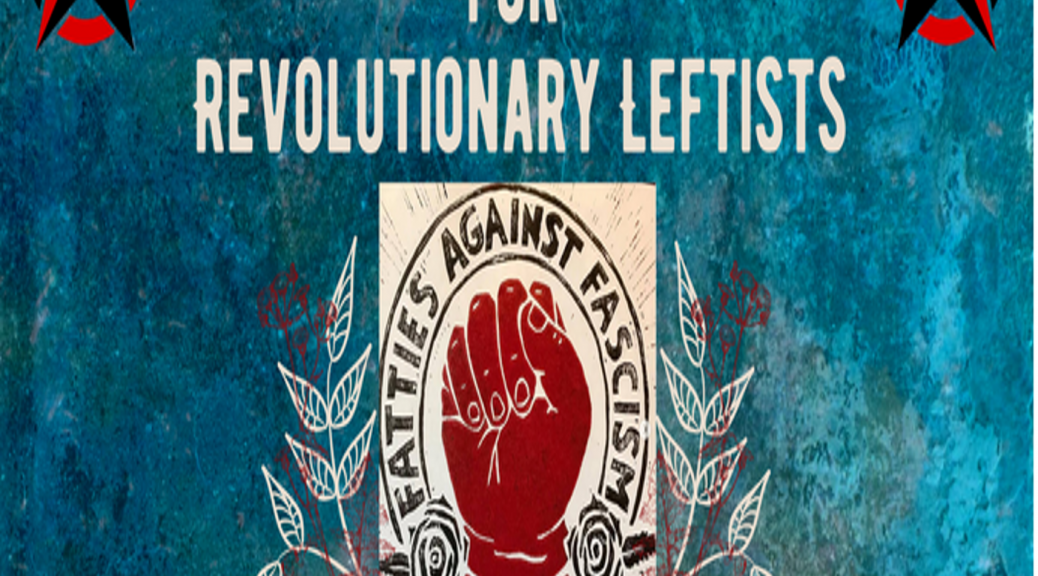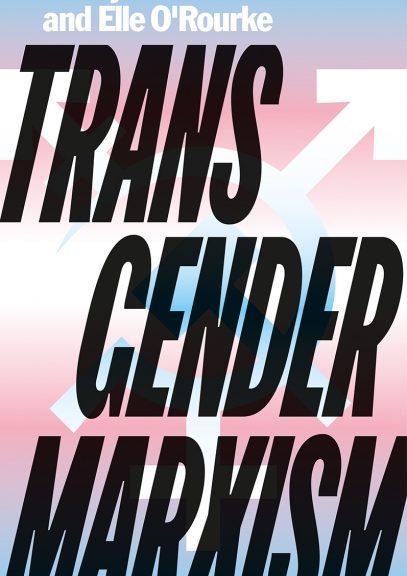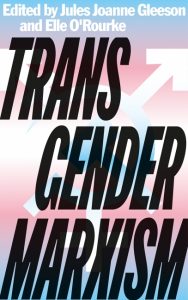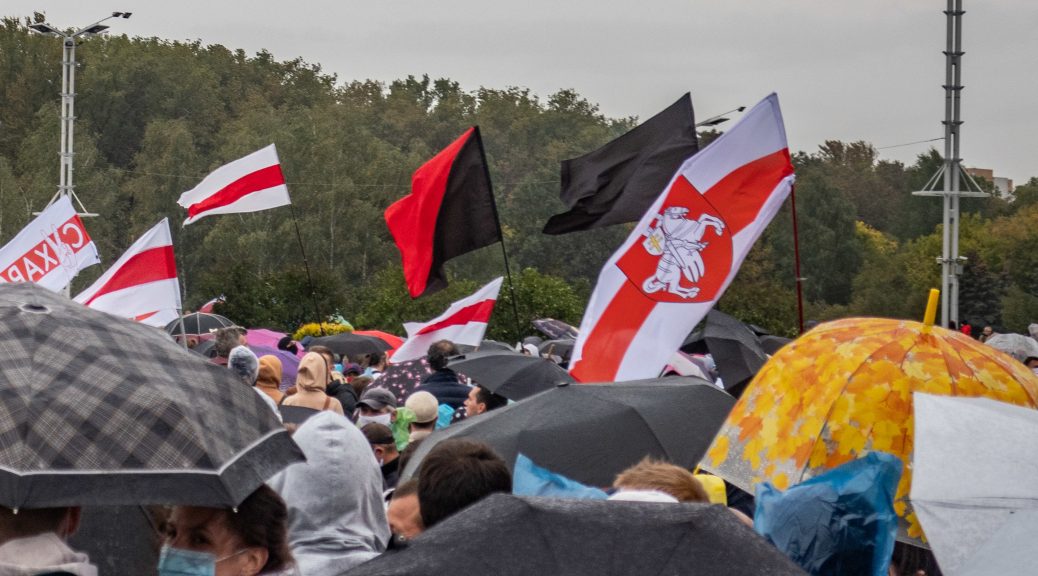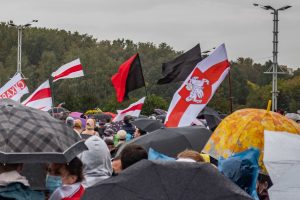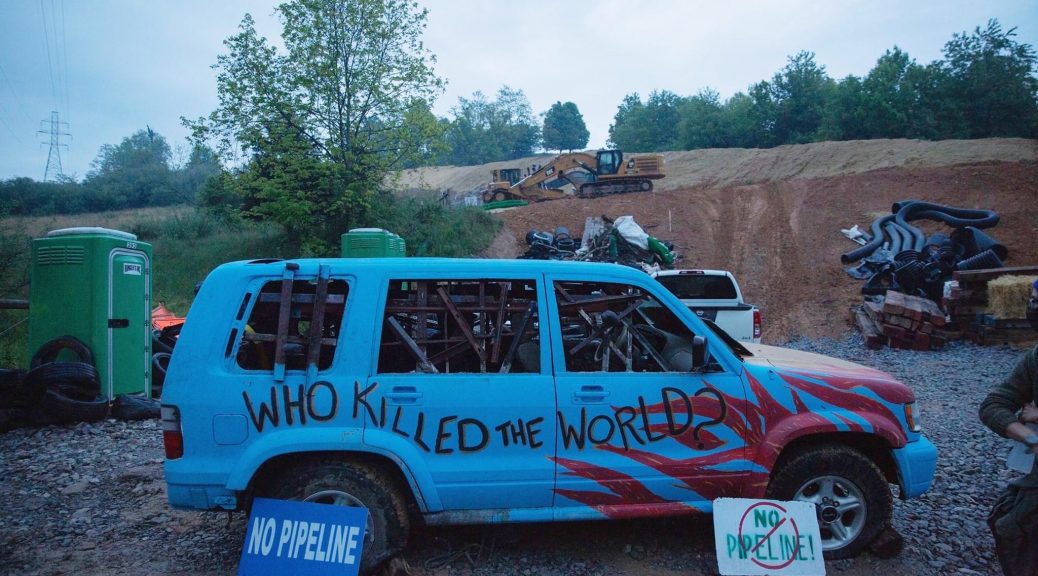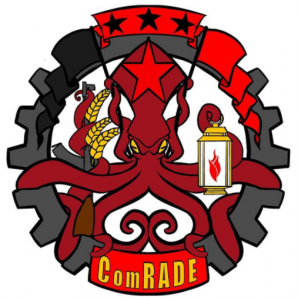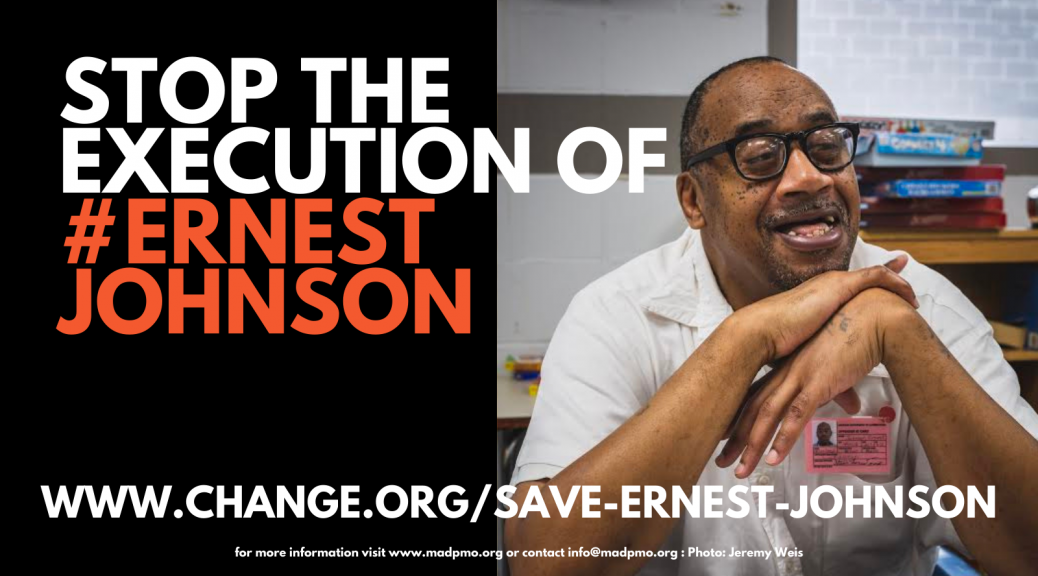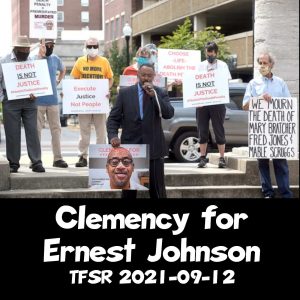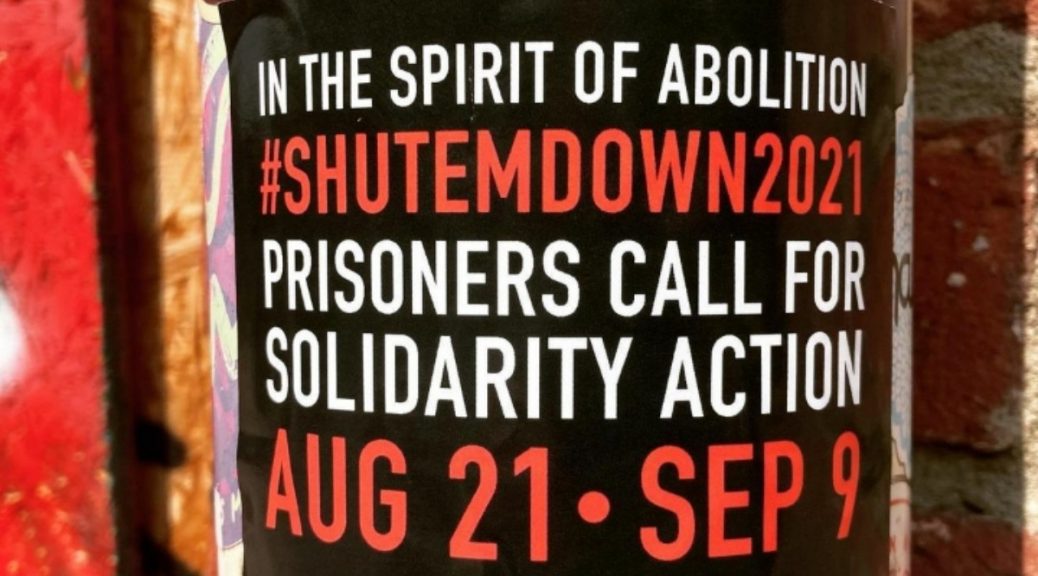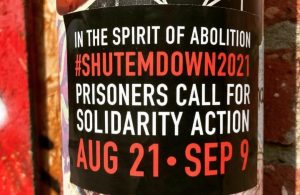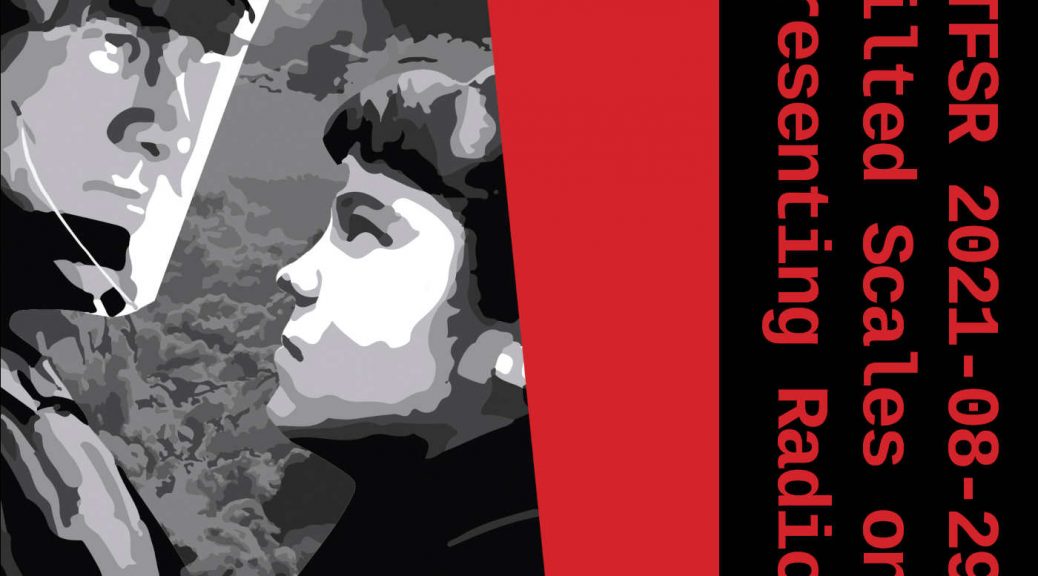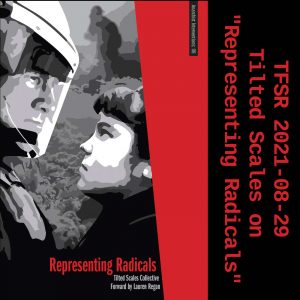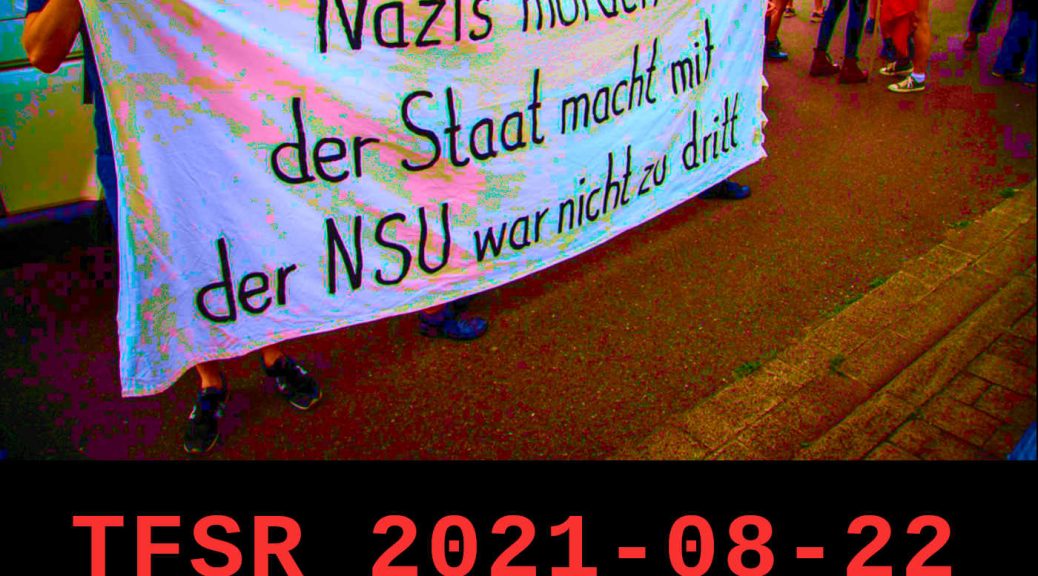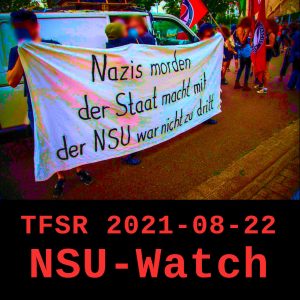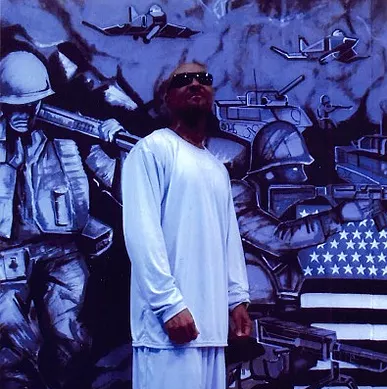Fat Liberation for Revolutionary Leftists with Autumn
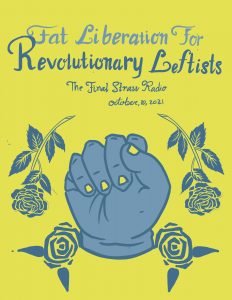
This week I am very excited to present an interview with Autumn (she/her/hers), who is an anarchist and scholar-activist, on Fat Liberation in all its many nuances, the pervasive, classist, racist, and colonial nature of fatphobia both in mainstream society and in far left spaces and thought, and the roots of Fat Liberation as a structure which originates and lives with Black, Indigenous, and brown, trans and disabled people. We also speak about Autumn’s syllabus entitled “Fat Liberation Syllabus for Revolutionary Leftists: Confronting Fatphobia on the Left AND Liberalism within the Fat Liberation Movement”. In this document, she compiles writings on the many aspects of fatphobia and gives her own analysis in bulleted form. This document is available for public use, and you can find it at https://tinyurl.com/FatLiberation!
People, works, and resources named by our guest in this episode:
– Da’Shaun L. Harrison book “Belly of the Beast: The Politics of Anti-Fatness as Anti-Blackness”
– Dr. Sabrina Strings book “Fearing the Black Body: The Racial Origins of Fat Phobia”
– Hunter A. Shackleford “Hunter Ashleigh Shackelford (they/she) is a Black fat cultural producer, multidisciplinary artist, nonbinary shapeshifter, and data futurist based in Atlanta, Georgia … They are the creator and director of a Southern body liberation organization, Free Figure Revolution, which focuses on decolonizing antiblack body violence … Hunter illustrates the relationship between Blackness, fatness, desire, queerness, and popular culture.” (Instagram: @huntythelion)
– Dr. Dorothy Roberts’ work on CPS and how anti-Black racism and fatphobia infect this institution.
– Health At Every Size, evidence based medical paradigm that heavily critiques the social constructions of “obesity” and diet culture, and aims to present folks with a compassionate and inclusive framework for taking care of themselves.
– Books by Dr. Lindo Bacon (founder of Health At Every Size)
– podcast Food Psych with Christy Harrison
– Caleb Luna (Instagram: @chairbreaker Twitter: @chairbreaker_) “Caleb Luna (they/them) is a fat queer (of color) critical theorist, performer, poet, essayist, cultural critic, and performance scholar. As a Ph.D. candidate in Performance Studies at UC Berkeley, their research focuses on performances of eating, and historicizing cultural representations of fat embodiment within the ongoing settler colonization of Turtle Island.
– Sonalee Rashatwar (Instagram: @thefatsextherapist)
– podcast Maintenance Phase with Aubrey Gordon (Instagram: @yrfatfriend Twitter: @yrfatfriend)
Fat Rose Collective (Instagram: @fatlibink)
Continue reading Fat Liberation for Revolutionary Leftists with Autumn

